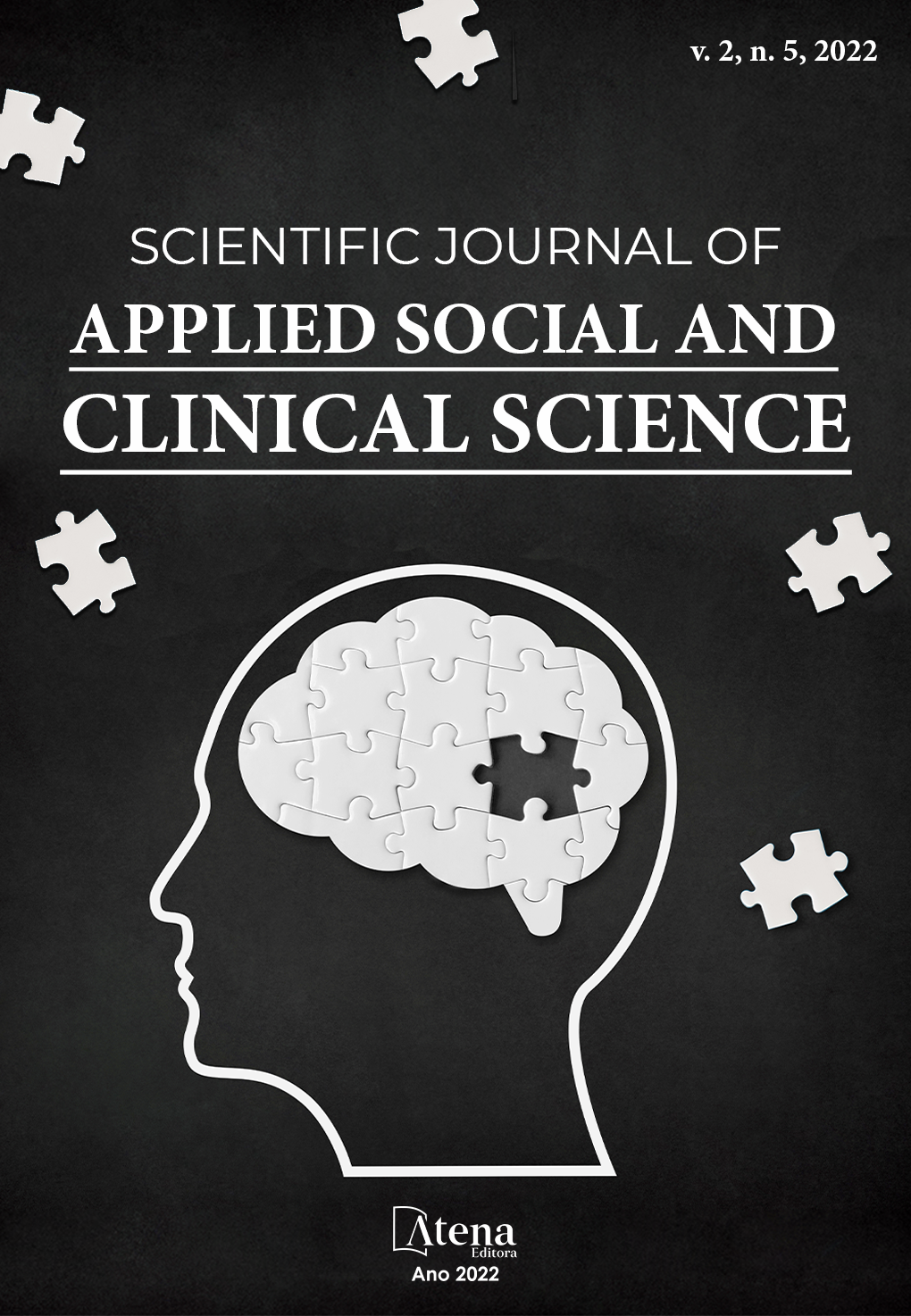
IMPACT OF HUMAN CAPITAL ON THE PORTUGUESE ECONOMY MEDIATED BY INTELLECTUAL PROPERTY
Human capital and innovation are essential for the growth and development of nations. Human capital is an essential factor of production, being a positive externality that affects the economy in many ways and one of them is through its impact on innovation.
The study presented refers to Portugal, between 2000 and 2015, with the main objective of analyzing the influence of human capital on the Portuguese economy through the results of innovation.
Through the use of structural equation models, it was possible to establish a causal relationship between the following dimensions:
• Human Capital, which is the result of a latent factor, considered as the cause of the variables observed with regard to the number of graduates in different areas of education.
• Economic Growth, where the Gross Domestic Product was used as a measure.
• Innovation results, which were measured through intellectual property, more specifically, through the registration of patents, brands and designs.
In the model obtained, the results of innovation were used as moderating variables, allowing the analysis of the indirect impact of human capital on economic growth. This way, it is possible to conclude about the relationship between the mentioned variables, highlighting the importance of economic measures taken in terms of education, science and technology, contributing to the promotion of innovation in Portugal.
IMPACT OF HUMAN CAPITAL ON THE PORTUGUESE ECONOMY MEDIATED BY INTELLECTUAL PROPERTY
-
DOI: 10.22533/at.ed.216252217036
-
Palavras-chave: Human Capital, economic growth, education, innovation, structural equation models.
-
Keywords: Human Capital, economic growth, education, innovation, structural equation models.
-
Abstract:
Human capital and innovation are essential for the growth and development of nations. Human capital is an essential factor of production, being a positive externality that affects the economy in many ways and one of them is through its impact on innovation.
The study presented refers to Portugal, between 2000 and 2015, with the main objective of analyzing the influence of human capital on the Portuguese economy through the results of innovation.
Through the use of structural equation models, it was possible to establish a causal relationship between the following dimensions:
• Human Capital, which is the result of a latent factor, considered as the cause of the variables observed with regard to the number of graduates in different areas of education.
• Economic Growth, where the Gross Domestic Product was used as a measure.
• Innovation results, which were measured through intellectual property, more specifically, through the registration of patents, brands and designs.
In the model obtained, the results of innovation were used as moderating variables, allowing the analysis of the indirect impact of human capital on economic growth. This way, it is possible to conclude about the relationship between the mentioned variables, highlighting the importance of economic measures taken in terms of education, science and technology, contributing to the promotion of innovation in Portugal.
-
Número de páginas: 13
- ANTÓNIO AUGUSTO COSTA
- ANA LORGA DA SILVA
- Cátia Rosário


